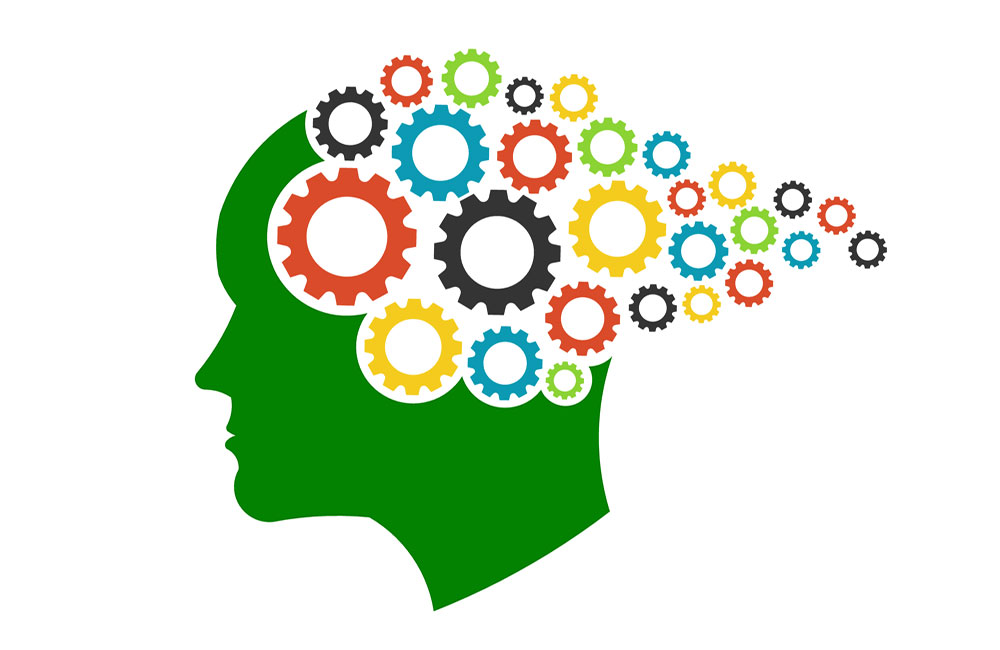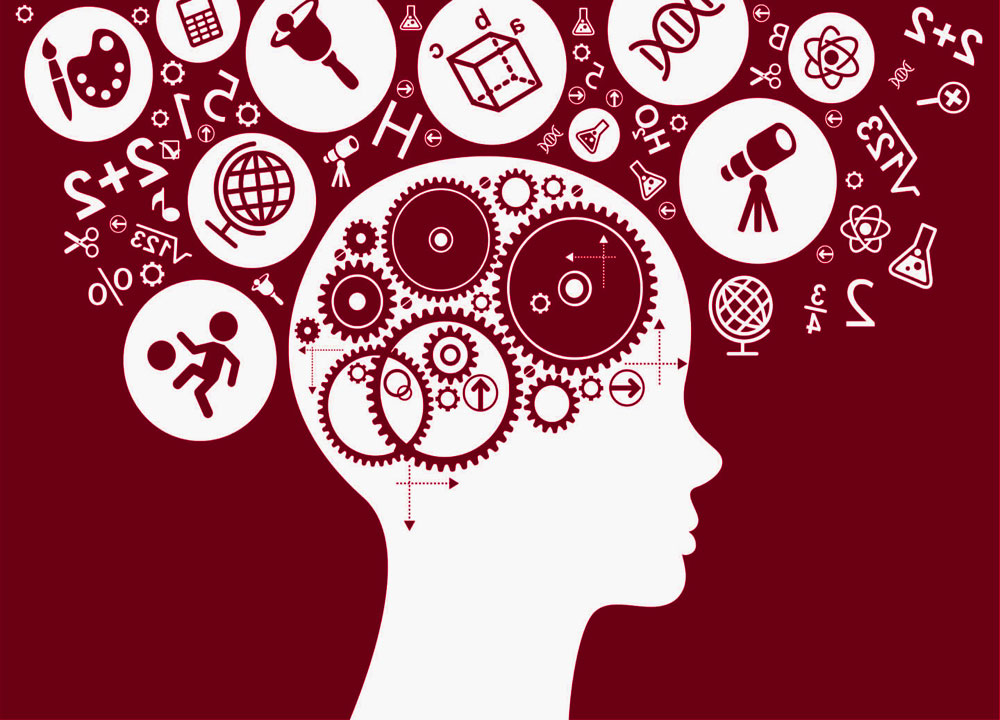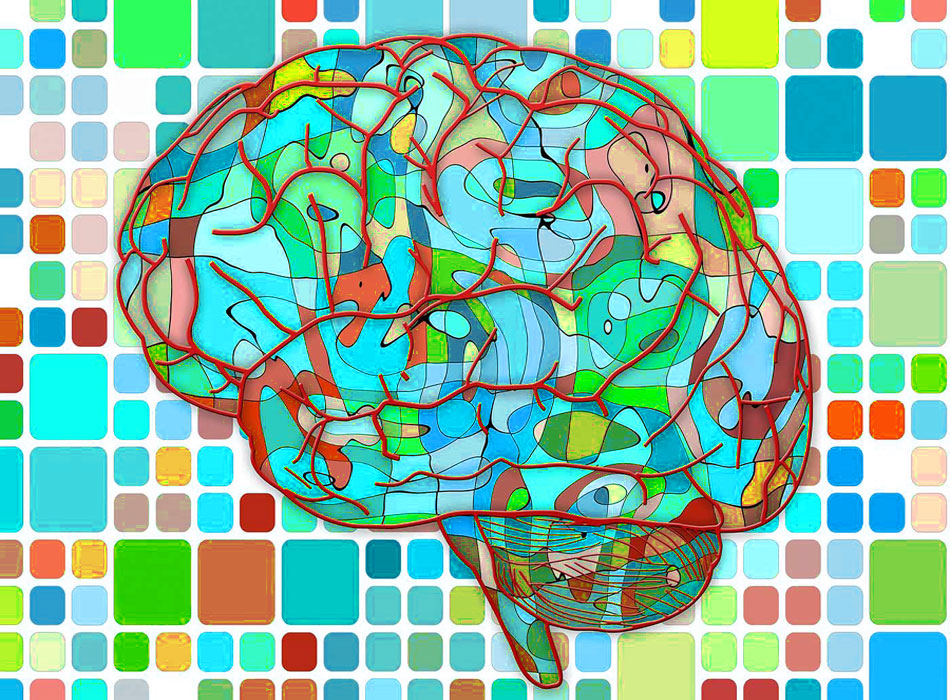Our attitudes drive our behavior and the results we achieve. In this podcast, Dr. Ford talks about three attitudes that are foundational to learning.
Human behavior starts with attitude. What we think, feel and believe about the world around us causes us to make decisions based on the values we develop and ultimately to behave in ways we think are consistent with those values. In the case of learning, the key attitudes are:
- Curiosity – spark our interest and sustain our attention
- Open-mindedness – willingness to embrace new ideas and experiences and examine one’s beliefs
- Motivation – desire to achieve something of value through our own efforts
Curiosity is an attitude that is hard-wired into our brains. We naturally pay attention to things that are new, different or unique – the proverbial shiny object. As children, we were curious about everything and asked all kinds of questions to learn more. As we mature, curiosity often narrows to fewer areas of interest. Hobbies and passions dominate our adult curiosity, which can lead to indifference towards other subjects, particularly those that we have never encountered. It helps to remind ourselves of the unbridled curiosity of our childhood. I have found spending time with my five year old granddaughter is an excellent reminder of the wonders of curiosity. I have seen her experience and learn about the world around her and marveled at the depth of her questions and understanding, once things are put into language she can comprehend. Her greatest delight is to visit a new place and experience it for the first time. Adults should be as curious about the world around them as their children are.
Open-mindedness is the state of willingly embracing new experiences and ideas. It is closely tied to personality (one of the Big 5 Factors), but even for those who were not born with a predisposition for openness, it is possible to cultivate a more open-minded perspective on life. To start, open-mindedness is about critically examining your own beliefs, before being willing to listen and consider the beliefs of others. When we ask ourselves why we believe something, it forces us to examine our underlying motives and the knowledge upon which our beliefs are built. Through this process, we become able to see both the strengths and the weaknesses of our beliefs and become willing to consider other points of view.
Motivation is a key attitude for learning. It is the desire to achieve something of value through our own efforts. It comes in two forms: intrinsic and extrinsic. Intrinsic motivation is our personal interest in a topic which drives us to learn more about it. It is related to self-satisfaction in that we feel better about ourselves when engaged in learning about something that we find highly interesting. Extrinsic motivation is the rewards we obtain from learning, conferred by others. GPA, degrees and credentials are all examples of extrinsic motivators of learning.


